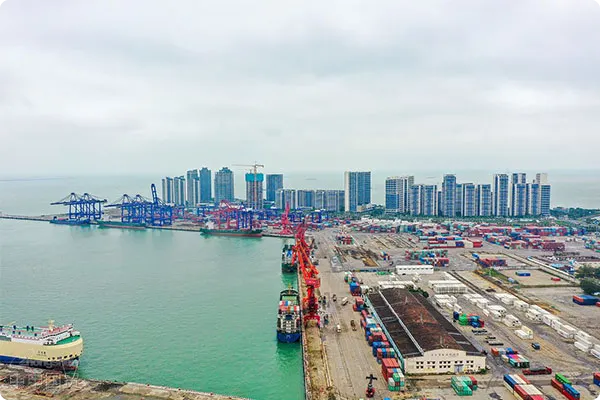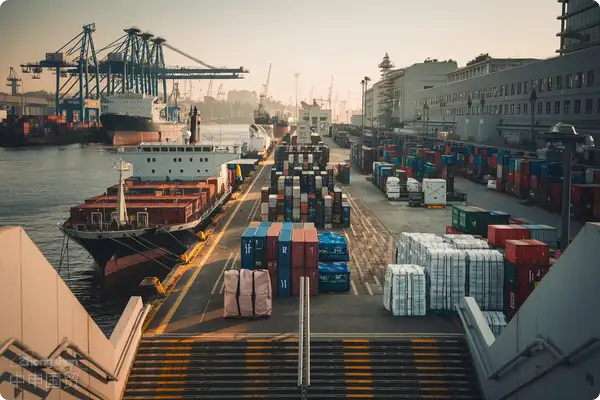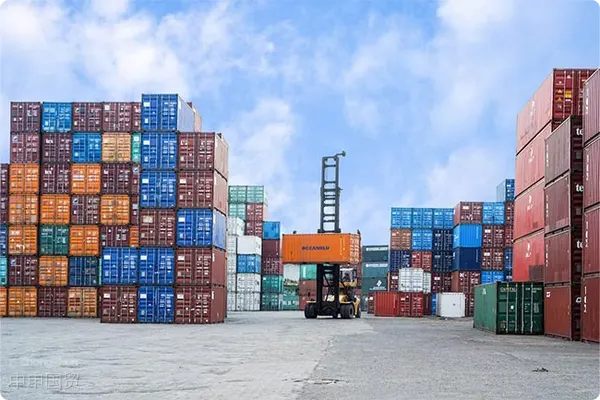- Shanghai Zhongshen International Trade Co., Ltd. - Two decades of trade agency expertise.
- Service Hotline: 139 1787 2118

In international trade,Export DrawbackClaims represent a crucial process for businesses to reduce costs and enhance competitiveness. Proper agency procedures for export tax rebate claims require strict adherence to standardized processes and full compliance with relevant laws and regulations. Understanding proper procedures is essential for both businesses and agencies.
I. In-depth Understanding of Export Tax Rebate Policies and Regulations
Comprehensive Mastery of Policy Framework
The foundation of proper agency export tax rebate claims lies in thorough understanding of national policies. Export tax rebate policies aim to encourage exports and enhance domestic products international competitiveness. Agencies must monitor policy updates, including rate changes for different products and revised rebate conditions. For instance, high-tech products may qualify for higher rebate rates while resource-based products face limitations. Accurate policy knowledge ensures proper agency services.
Primacy of Compliance
During agency export tax rebate claims, compliance represents an inviolable principle. This requires strict adherence to tax authority requirements, ensuring all declaration information is truthful, accurate, and complete. Any false claims—such as misreporting export quantities, values, or document forgery—will face severe penalties. Agencies must establish robust internal compliance review mechanisms to meticulously verify all documents and data provided by businesses.
II. Procedures for Proper Agency Export Tax Rebate Claims
Enterprise Qualification Review and Document Collection
(1) Enterprise Qualification Review
The agency must first review the client companys qualifications. This includes examining the companysimport and exportbusiness operation rights, tax registration status, etc. If the company lacks import/export operation rights, the agency needs to evaluate whether it can legally assist the company in completing export business, such as through an export agency model.
(2) Document Collection
Gathering complete and accurate documentation is crucial for declaration. The agency needs to obtain from the company export customs declaration forms, VAT special invoices, export sales invoices, export contracts, packing lists, and other relevant documents. For customs declarations, ensure all information is complete - including product names, quantities, values, export dates - and consistent with other documents. VAT special invoices must comply with tax authority formatting requirements and match the actual export goods.
Data Verification and Declaration Preparation
(1) Data Verification
After receiving relevant documents, the agency must conduct thorough data verification. This includes cross-checking product names, specifications, quantities, amounts, and other information between customs declarations and VAT invoices. Even minor discrepancies may cause tax rebate application failures. For example, decimal point differences in quantities between documents must be investigated and adjusted.
(2) Declaration Preparation
After verifying data accuracy, the agency prepares required forms and documents. Following tax authority requirements, they complete forms like the Export Goods Tax Rebate (Exemption) Application Details and accurately input company and export goods information. Paper documents like customs declarations and invoices must be organized in specified order for tax authority review.
Submission and Follow-up
(1) Submission
The agency submits prepared documents to local tax authorities, either through electronic systems or offline channels per local regulations. Submissions must include complete documentation, correctly filled forms, and meet declaration deadlines.
(2) Follow-up
After submission, the agency closely tracks review progress. Tax authorities may request additional information or explanations. The agency must promptly communicate and provide supplementary materials if needed - for example, providing source verification for questioned invoices to ensure smooth approval.
Tax Rebate Disbursement
Upon approval, the agency must promptly transfer rebates to clients per agency agreements, ensuring secure fund transfers and maintaining proper financial records for future audits.
III. Continuous Professional Service Enhancement
Staff Training and Knowledge Updates
To ensure compliant export tax rebate services, agencies must prioritize staff training on latest policies, procedures, and operational techniques through regular courses and industry seminars.
Digitalization and Risk Management
Implementing specialized software improves efficiency and accuracy in automated data processing and intelligent declaration management. Agencies should establish comprehensive risk management systems to identify, assess, and control various risks including policy, documentation, and audit risks.
Conclusion
Compliant export tax rebate agency services require comprehensive policy knowledge, strict procedural adherence, and continuous professional development. Only through these measures can agencies provide legal, efficient services that help companies obtain rightful policy benefits while maintaining tax system integrity and trade order.
Related Recommendations
? 2025. All Rights Reserved. 滬ICP備2023007705號(hào)-2  PSB Record: Shanghai No.31011502009912
PSB Record: Shanghai No.31011502009912










